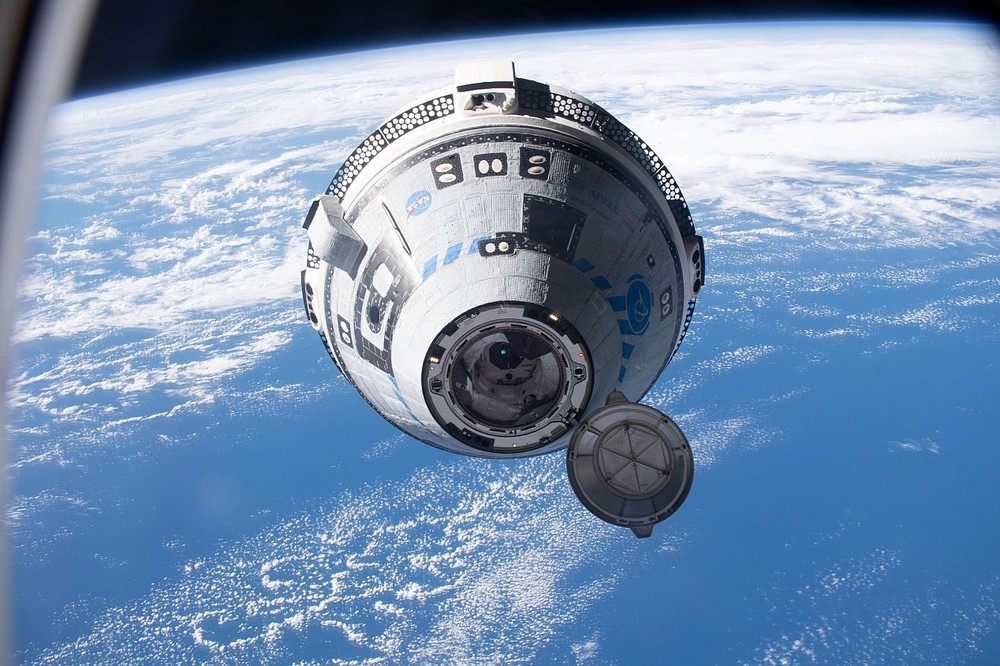
The news of Boeing's new manned spacecraft, the "Interstellar Airplane," repeatedly delaying its return has sparked widespread attention and concern in the aerospace industry and the public. Two astronauts from the National Aeronautics and Space Administration (NASA) were unable to return home as scheduled, which not only posed technical and planning challenges but also had an impact on confidence in future manned spaceflight.
Understanding the reasons behind this delay is crucial. The complexity of space missions should not be underestimated, especially when it comes to manned spaceflight. The return delay of Boeing's "StarCraft" aircraft may be related to technical issues, equipment failures, or weather conditions. In space technology, safety is always the top priority, and any issues that may affect the safety of spacecraft and astronauts can lead to mission delays or even cancellations. Therefore, although delaying the return flight is disappointing, ensuring the safety and success of the space mission is crucial.
The delayed return has had an impact on the reputation and trust of NASA and the aerospace industry. The aerospace industry is highly dependent on timelines and technological advancements, and any delay could result in financial losses and public questioning of technological progress. Especially in today's world where private space companies are gradually rising, their capabilities and reliability have become important factors in global space development. As a traditional aerospace giant, the delay of Boeing's "Starliner" project has also prompted people to re-examine its position and competitiveness in the competition for manned spaceflight.
The delayed return also reflects the challenge of the cooperation model between NASA and private enterprises. Since NASA launched the 'Commercial Crew Program', handing over the responsibility and risks of manned spaceflight to private enterprises has become a new mode of cooperation. This model greatly promotes the development of aerospace technology and cost savings, but at the same time, it also faces challenges from private enterprises in technology development, task execution, and time management. In this collaboration, NASA plays a supervisory and technical support role, but also bears the public opinion pressure and responsibility caused by unforeseeable factors such as delayed return.
The delayed return also caused additional psychological and physiological pressure on the astronauts themselves. Astronauts have experienced long-term space life, and their mental and physical health are crucial for the success of the mission. Failure to return to Earth as planned may affect their family and personal lives, as well as potential mission arrangements and physical recovery in the future.
For the public, delaying the return flight is not only a technical challenge, but also a confidence test for the future development of manned spaceflight. Space exploration has always been a symbol of human dreams and progress, and every success or failure has a profound impact on the global space industry. How to learn from failures, strengthen technological innovation and management efficiency is an important issue facing the aerospace industry and policy makers.
The repeated postponement of the return of Boeing's new manned spacecraft, the 'Interstellar Airplane', is not only a technical malfunction or a scheduling issue, but also an important event in the development of the aerospace industry. By analyzing its influencing factors and consequences, we can see the complexity and challenges of space missions, as well as the roles and responsibilities of private space companies in competition. In the future, with the advancement of technology and the accumulation of experience, we believe that the dream of manned spaceflight will eventually become a reality, allowing humanity to continue exploring unknown boundaries.

According to Bloomberg, a recent in-depth interview with Michael Dehal, senior portfolio manager at Raymond James' Dehal Investment Partnership, was released, focusing on the economic development prospects and potential risks of Canada and the United States in 2026.
According to Bloomberg, a recent in-depth interview with Mi…
TikTok Shop, the global e-commerce platform under ByteDance…
As a severe flu outbreak sweeps across the United States, w…
Recently, US Treasury Secretary Mnuchin publicly stated tha…
At the dawn of 2026, the United States launched a military …
From the stiff step when it first debuted in 2022 to demons…